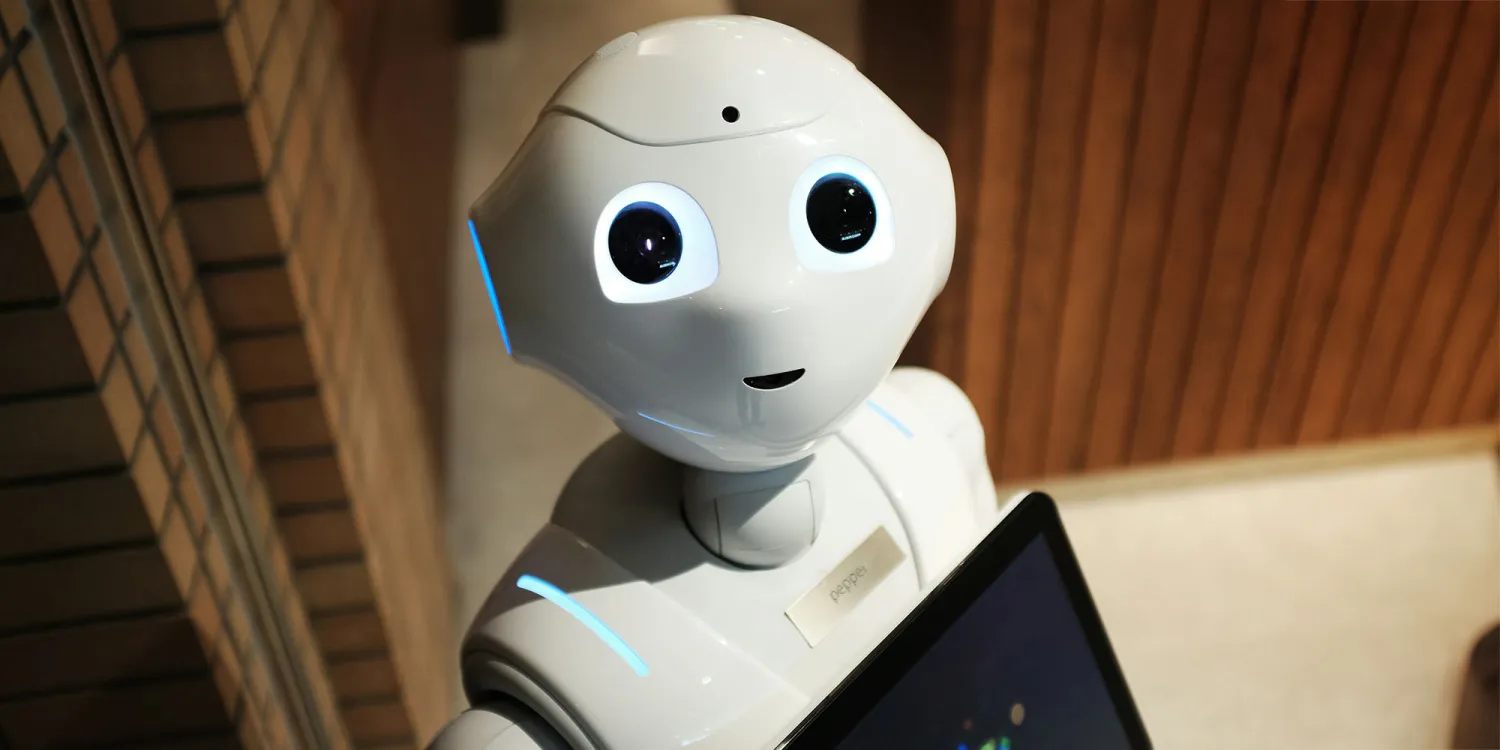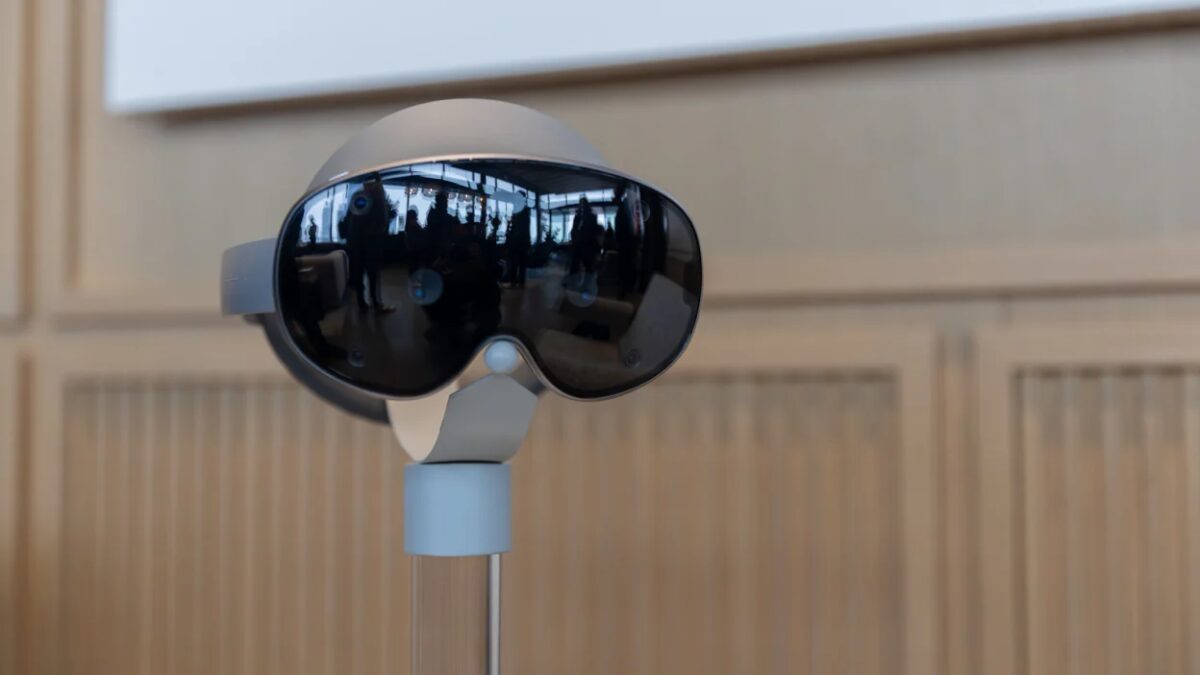Apple is preparing an AI doctor: medical breakthrough or dangerous experiment?

The Cupertino-based corporation is set to take its medical technology to the next level by introducing an intelligent health assistant. According to Bloomberg, the project will be Apple’s biggest move into digital health yet. But experts and users are already raising serious questions about whether the ambitious initiative will turn into a ticking time bomb.
Health Mission: Why Apple is taking on medicine
A few years ago, Apple CEO Tim Cook made it clear that the company’s main goal in the future is not technology, but health. He emphasized that this was the area where Apple could make its biggest mark in history.
“If you look into the future and try to measure our contribution to the world, I believe health will prove to be the most significant area,” Cook said in 2019.
Since then, Apple has indeed done a lot: the Apple Watch’s flagship features, such as detecting heart rhythm irregularities, detecting falls and calling emergency services, have already saved thousands of lives. But the company has gone further, giving researchers access to anonymized user data through its ResearchKit platform. It’s not just convenient – it gives science a whole new toolkit for studying disease.
From motivation to medicine: how digital coaches work
Today, many users already interact with apps that help track activity, monitor sleep and overall body health. Apple Health offers a visually appealing interface and basic recommendations, while competitors like Oura emphasize personalization.
The Oura ring, for example, analyzes sleep and exercise, offering advice based on personal statistics like when it’s best to go to bed, how to properly prepare for sleep, and what level of activity promotes the best recovery. All of this makes the app feel like a personal health assistant.
Apple, analysts say, can easily replicate such features on a hardware level. But to compete in terms of depth and accuracy of recommendations, the company needs something more – a full-fledged AI that can analyze and interpret data like a real coach. Or… like a doctor?”
Where the coach ends and the doctor begins: the risks of “AI doctors”
In his piece, Mark Gurman uses the term AI doctor, implying that Apple’s new product will go beyond the usual activity and sleep recommendations. And that’s where the interesting – and disturbing – part comes in.
If a user sees the AI as a fitness coach, they intuitively understand: it’s a recommendation, not a diagnosis. But if the app starts offering advice that’s associated with real medical advice, it’s a dangerous game.
Problem #1: false alarm syndrome
Apple, of course, will try to re-insure itself. The system will presumably advise you to see a doctor in case of the slightest uncertainty. But in the long term, this could lead to a “blunted response effect”. If the AI “overreaches” too often and advises to make an appointment with a GP, the user will simply start to ignore such warnings. And when the AI does catch on to something serious, the advice may not work.
Problem #2: AI is not a doctor, and won’t become one
The second and far more fundamental problem is the unpredictability of AI. Algorithms don’t have clinical reasoning, don’t understand context the way a physician does, and are prone to error, especially based on incomplete or skewed data. Even if AI follows instructions and “plays by the rules,” it is not immune to going outside the box at some point, simply because the model “decides” to do so.
An AI is not immune to the possibility that it will go beyond what is acceptable, simply because the model “decides” to do so.
Apple on the brink of revolution: caution or complacency?
On the one hand, Apple has everything it needs to change the digital health market. Infrastructure, devices, a huge user base, brand trust, and incredible expertise in creating thoughtful, intuitive interfaces. But on the other, the field of medicine requires not just innovation, but extreme care.
AI, however clever it may seem, should not be seen as a full-fledged alternative to a live doctor. As long as Apple stays within the confines of recommendations and personalized advice, it’s a huge step forward. But if the company decides to cross the line by claiming medical capabilities for its AI, it could face not only technical but also legal and ethical consequences.



![Outcomes 2025: the memory crisis, agent-based AI and the failure of ultra-thin smartphones + [bonus] ForGeeks Podcast Outcomes 2025: the memory crisis, agent-based AI and the failure of ultra-thin smartphones + [bonus] ForGeeks Podcast](https://forgeeks.pro/wp-content/uploads/2025/12/exkwmm9t33zyr1hfbeeq.avif)




